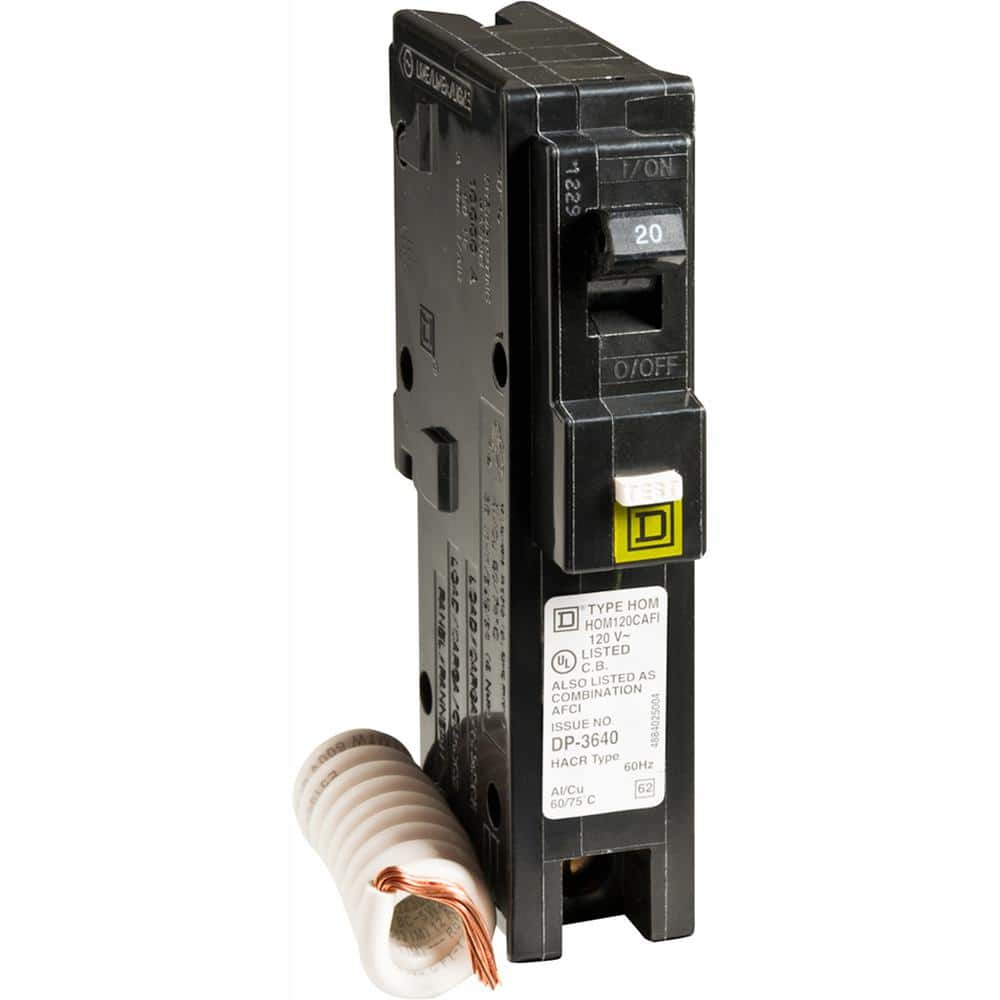I just had an electrician call me about them. He was trying to get final on a house that is off grid and powered by an inverter from a well known, long time large manufacturer. None of the AFCIs would trip when he pushed the button. Inspector was refusing to sign off. House has been occupied and operating on this system for years with no trouble. New house.
I have had false tripping from generator power. Large, well established home standby generators, even loaded a similar one in the back of the truck and retested it that way. Breaker flashes a code that does not exist in the manual, tech support no help.
So, not only are they unnecessary for their intended purpose, they also behave strangely or not at all, if you feed them power that does not 100% exactly equal utility sine wave, but is 100% suitable for all other utilization purposes.
Electronic junk that just barely works even to hold itself together.


